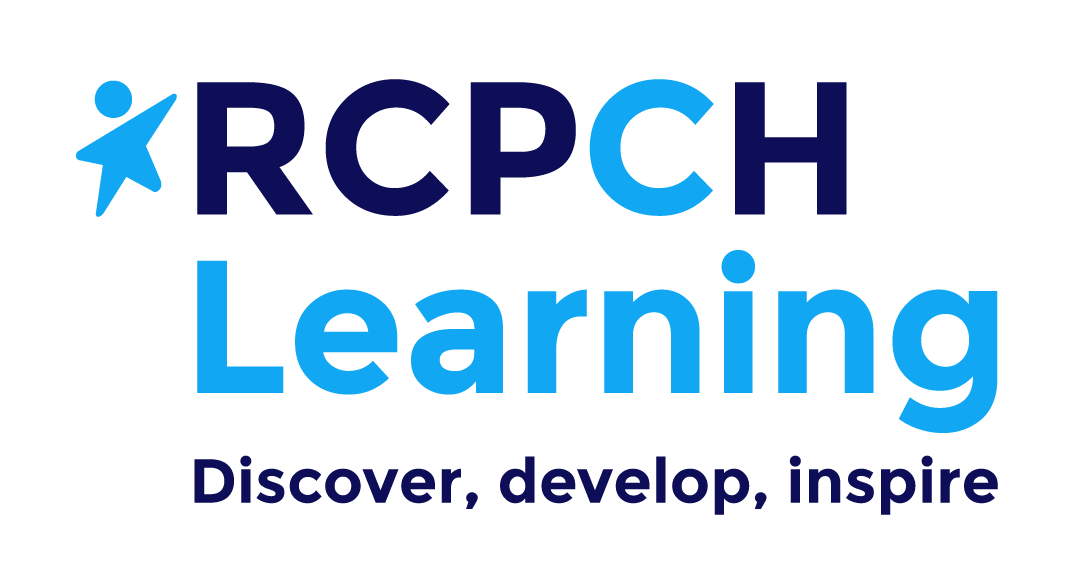Length
90 minutes
Target Audiences
- This resource has been created predominantly for radiographers and nuclear medicine technologists, radiologists and hospital-based paediatricians
- However, it may also be of interest to registered children’s nurses, play therapists, Accident and Emergency (A&E) staff, community-based health professionals and safeguarding lead professionals, all of whom may be involved in the imaging process.
Self-paced
Work through the module at your own pace.When you have completed the module, you can return at any time to re-review any of the sections.
Free
Log in with your account
Course information
When managing children who have experienced suspected physical abuse, producing high quality images is crucial in enabling effective investigation of these complex cases.
This course has been developed to support implementation of the Royal College of Radiologists and the Society and College of Radiographers publication The radiological investigation of suspected physical abuse.
The course is divided into five modules:
Introduction – giving a background to the course
Making the referral for imaging – what are the requirements and information necessary to ensure the correct images are taken within the necessary timeframes?
Producing images – how can you ensure the necessary images are taken with minimal possible radiation exposure and patient distress?
Reporting images – who should evaluate the images and how should this be documented?
Follow-up imaging – how can you ensure that all necessary follow-up imaging takes place?
This resource has been created predominantly for radiographers and nuclear medicine technologists, radiologists and hospital-based paediatricians.
However, it may also be of interest to registered children’s nurses, play therapists, Accident and Emergency (A&E) staff, community-based health professionals and safeguarding lead professionals, all of whom may be involved in the imaging process.
To help you undertake the learning relevant for you, the specific target audience for each module has been identified below.
The overall aim of this resource is to provide an overview of the principles behind the guidance, along with practical demonstrations and advice on how to obtain the best possible quality images within the necessary timeframes.
By the end of this eLearning, you will be able to:
- Identify the implications of the guidance and its recommendations for practice in your specific professional area
- Outline how to effectively implement the guidance in your local organisation in collaboration with your multidisciplinary team colleagues
Special thanks to London South Bank University and Evelina London Children’s Hospital in their assistance in producing videos for this eLearning.
Andrea Brammer
Chair, Association of Paediatric Radiographers
Harry Bliss
Secretary, Association of Paediatric Radiographersmatter experts
Dr Kath Halliday
Consultant Radiologist, Nottingham University Hospitals NHS Trust
Dr Gayle Hann
Paediatric Consultant and Lead for Paediatric Emergency, North Middlesex University Hospital NHS Trust
Dr Mehjabeen Paliwalla
Consultant Paediatric and General Radiologist, London North West University Healthcare NHS Trust
Dr Rhianydd Williams
Paediatric Consultant Radiologist, St George’s Hospital
Sue Johnson
Professional Officer Clinical Imaging, Society and College of Radiographers
Jacquie Vallis
Professional Officer Professional and Education, Society and College of Radiographers
Philip Wallace
Learning Technologist, Royal College of Radiologists
Heather Wanstall
Head of Professional Learning and Development, Royal College of Radiologists
Creation and review log
| Creation/review | Date |
|---|---|
| Launch date | January 2020 |
| Next review | January 2023 |
As of 1st September 2016 the Revalidation and CPD team of the Royal College of Paediatrics and Child Health no longer allocates a number CPD credits to courses or events. The removal of credits associated with events allows delegates to record the educational benefit of the activity through written reflection, in contrast to quantifying the significance based on the time duration of the course. This is in accordance with changes made to the CPD Scheme guidelines published in April 2016.
Detailed information and scheme guidance can be found on the RCPCH website
When recording the activity, delegates should focus on the reflection and detail the following:
- What did you learn?
- What effect has/will the learning had/have on your current practice?
- What further learning or action, if any, is needed as a result of the original learning activity?
Should you have any questions regarding the removal of credits, please feel free to contact the CPD team
If you use the RCPCH CPD Diary, you can click here to visit the diary and record your learning: Log your learning on the RCPCH CPD Diary
Found an issue? Please get in touch with us:
Email us at rcpchlearning@rcpch.ac.uk